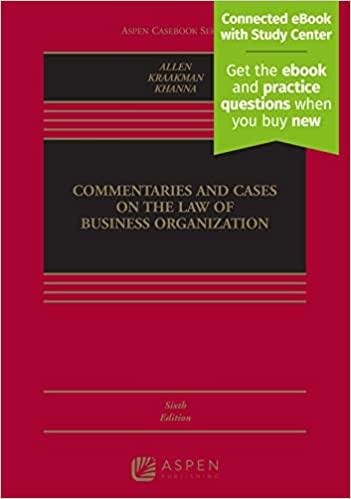Question
Case Scenario: John Smith is a citizen of the US and is seeking entry at Vancouver International Airport as a visitor for one month. He
Case Scenario:
John Smith is a citizen of the US and is seeking entry at Vancouver International Airport as a visitor for one month.
He is coming to meet his girlfriend whom he has been chatting with via the Internet for several months. John is planning on meeting her family and asking her father for permission to marry her.
However, during the examination process, the CBSA officer discovered that he had been convicted in California for Gross Vehicular manslaughter in 1998 when he was 20 years old.
John accidently ran over his younger sister when he was backing out of his driveway and it was discovered that he had alcohol in his system. The drinking age for California is 21 years old.
He was sentenced to six months in jail and he completed all his conditions of sentencing shortly after his release.
He continues to feel deep sadness and remorse over this whole incident. He has shared this information with his girlfriend and she understands how badly he felt, and continues to feel, over this terrible tragedy.
CBSA prepared an A44(1) report citing the allegation of IRPA s.36(1)(b) for his conviction in the US that would be equivalent to a conviction in Canada under s.320.14(3) of the Canadian Criminal Code of Canada for Operation while impaired causing death
John was provided with a copy of the 44 reports and directed back to the US to return in one month for his hearing. John has retained you as counsel.
You consult with a criminal specialist who confirms that even though these circumstances are sad, that the US conviction does appear to equate to the Canadian conviction and it would be extremely challenging to prove otherwise.
Please answer the following questions:
1. What allegation will be included in the report for this conviction? Please explain how you determined this.
2. After establishing that the A44(1) report is well-founded based on your initial review, what other options would you explain to John that may be available to him other than the hearing?
3. What would be the most likely outcome should John attend the hearing?
4. What advice would you offer John as his counsel to ensure he is will be able to visit Canada in the future?
Hint: There is no legal requirement for a personoutside ofCanada to report for an ID hearing.
Step by Step Solution
There are 3 Steps involved in it
Step: 1

Get Instant Access to Expert-Tailored Solutions
See step-by-step solutions with expert insights and AI powered tools for academic success
Step: 2

Step: 3

Ace Your Homework with AI
Get the answers you need in no time with our AI-driven, step-by-step assistance
Get Started


